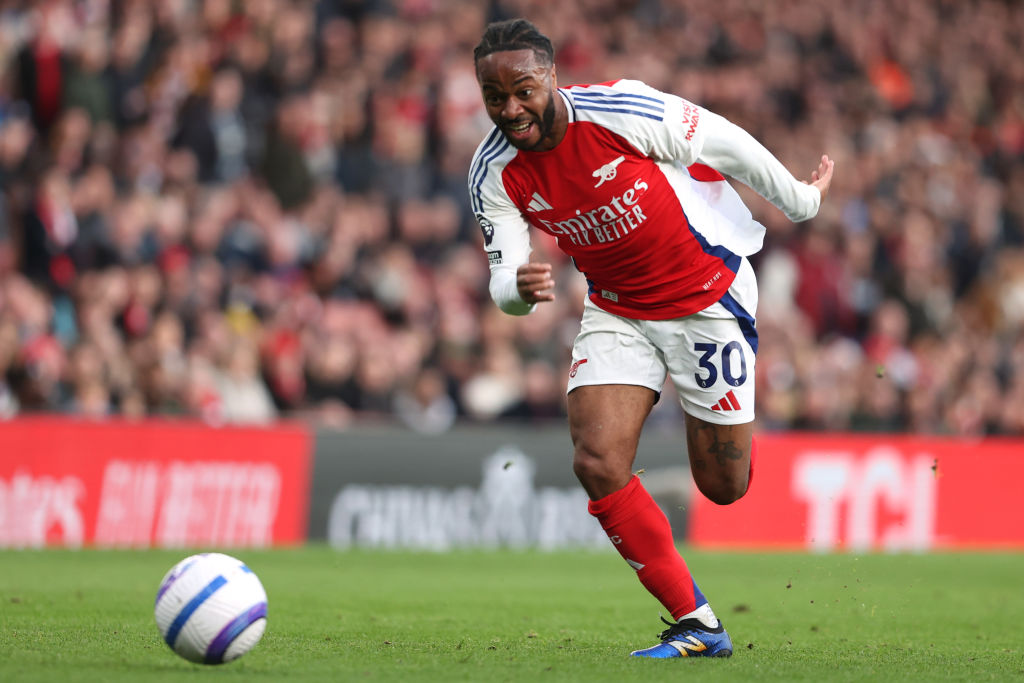Footballers who protested
From the Premier League to the World Cup, these players took a stand
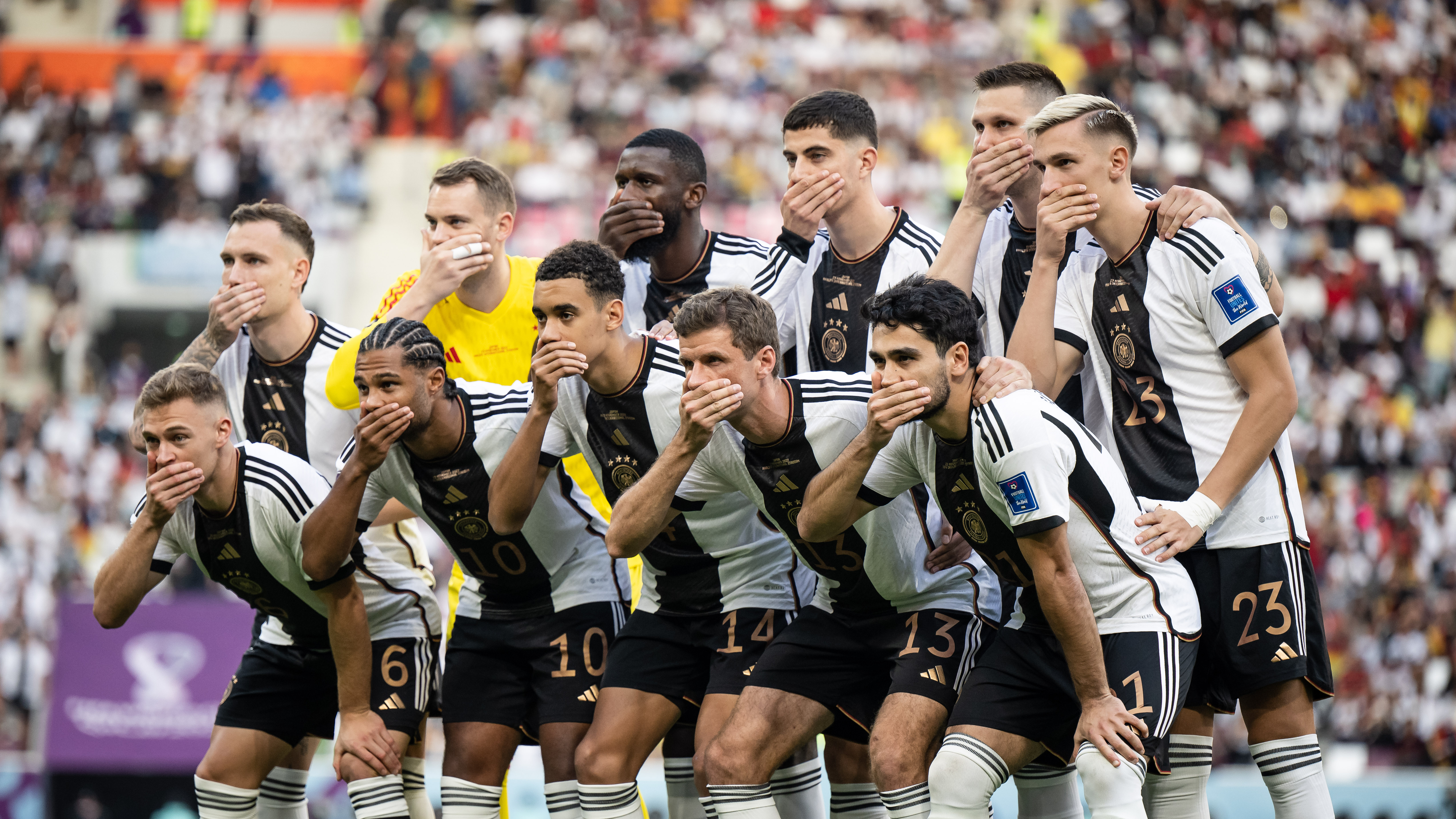
Football has been the stage for protest plenty of times throughout history, be that individual or collective.
And from wearing a message on a shirt to refusing to eat, these protests have taken many different forms.
Here, we take a look at some of the players and teams who have notably taken a stand.
Amir Nasr-Azadani

A defender who played for Iranian clubs Rah Ahan and Tractor, Amir Nasr-Azadani was jailed for 26 years in 2023.
Azadani’s imprisonment, which sparked outrage throughout the football community, came after he took part in mass protests at the death of Mahsa Amini – a woman who died while in the custody of Iran’s religious police.
Paul Breitner
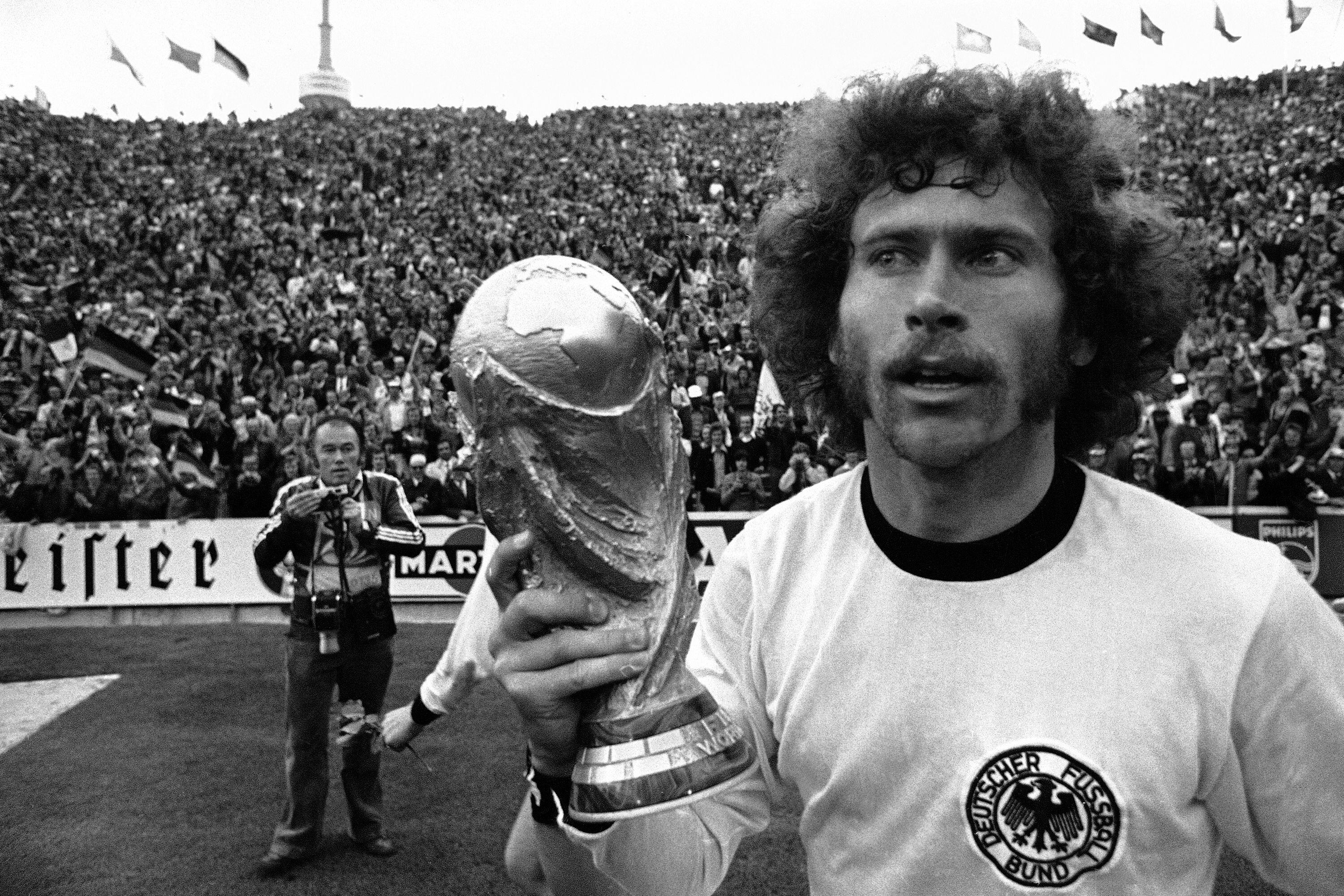
One of the finest players on the planet during the 70s, Paul Breitner scored in the final as West Germany won the 1974 World Cup – but he boycotted his country’s defence of the trophy four years later in Argentina.
In opposition to the South American nation’s military dictatorship, Breitner opted out of the 1978 tournament – the only player to do so for that reason.
Get FourFourTwo Newsletter
The best features, fun and footballing quizzes, straight to your inbox every week.
Dick, Kerr Ladies
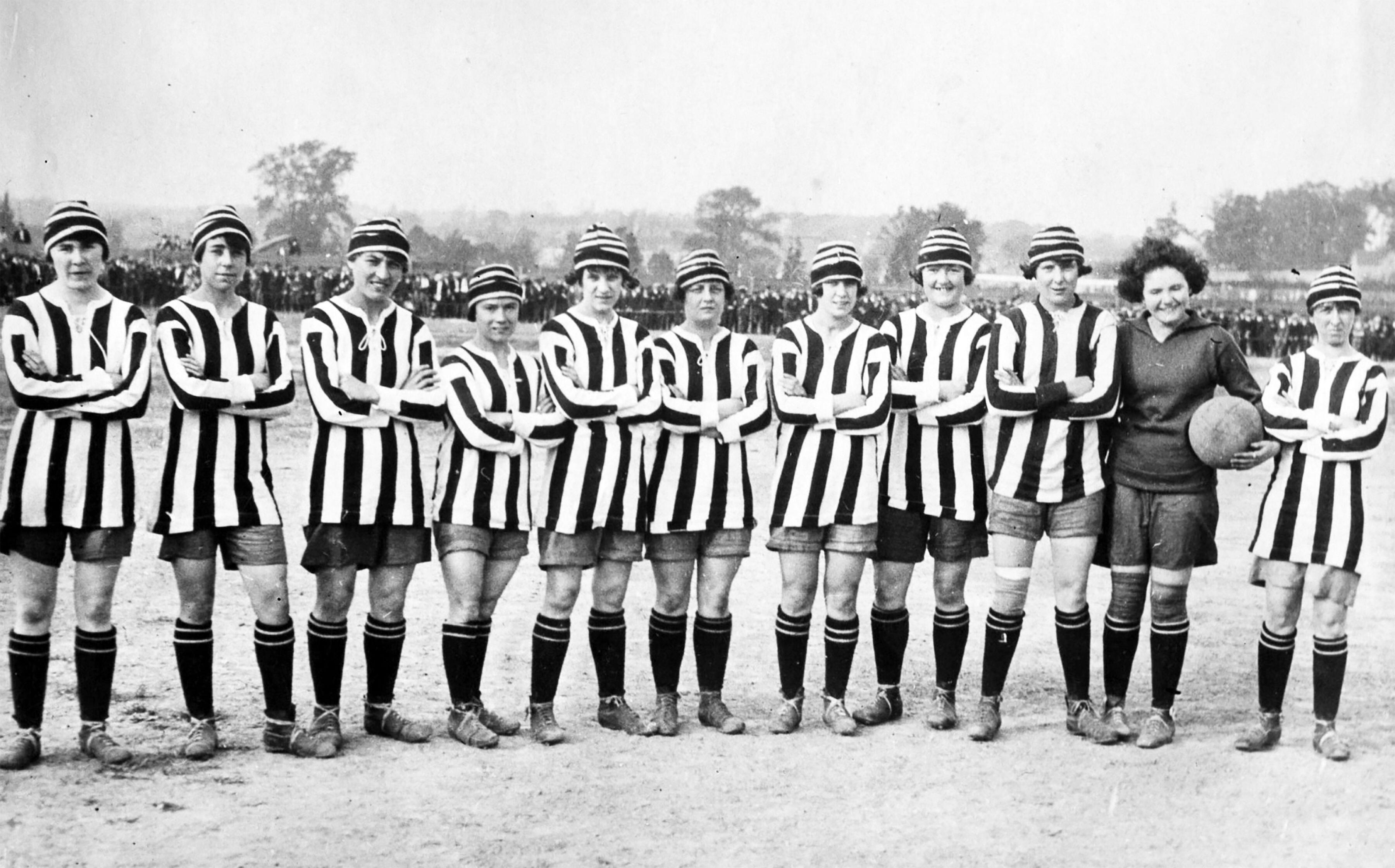
Founded in Lancashire in 1917 by workers from the Dick, Kerr & Co. train and tram manufacturing company, Dick, Kerr Ladies were a trailblazing women’s team.
Banned for 50 years from playing at FA-affiliated grounds, Dick, Kerr Ladies played on at other venues and helped raise the profile of the women’s game.
Mario Ferri
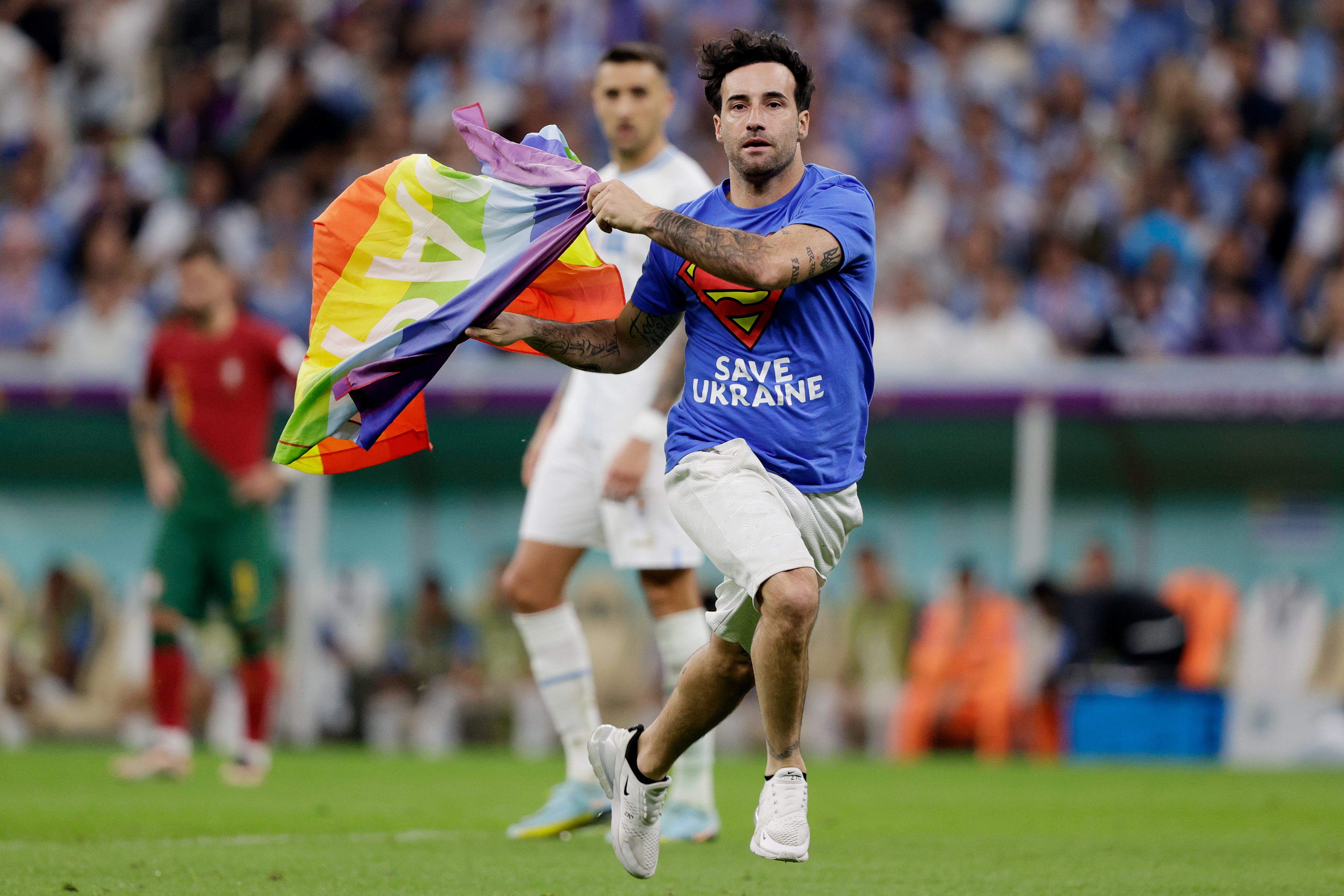
Human rights activist Mario Ferri has staged numerous pitch invasions over the years, including at the 2022 World Cup in Qatar.
There, he interrupted the group game between Portugal and Uruguay wearing a shirt bearing two messages – ‘Respect Iranian women’ and ‘Save Ukraine’ (Ukraine having been invaded by Russia that year) – and waving a rainbow flag.
But Ferri has also taken to the turf with permission: he’s a footballer himself, playing in the lower leagues of his native Italy and beyond.
Robbie Fowler
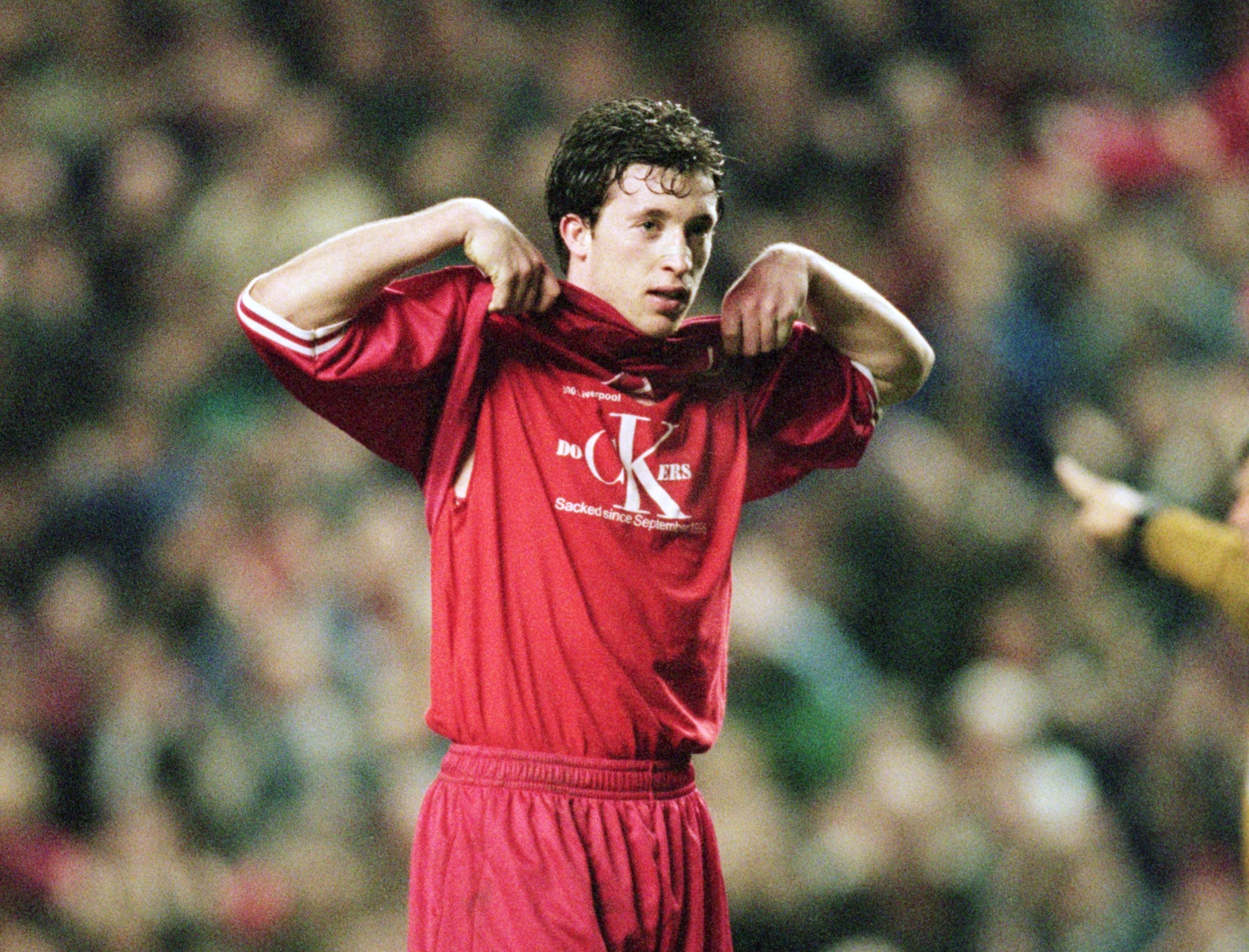
The Liverpool dockers’ dispute saw dock workers sacked after refusing to cross a picket line; it lasted more than two years.
During Liverpool’s 1997 Cup Winners’ Cup clash against Norwegian side Brann, Robbie Fowler celebrated a goal by revealing a vest showing support for the 500 sacked – and got slapped with a fine by UEFA.
Georgia
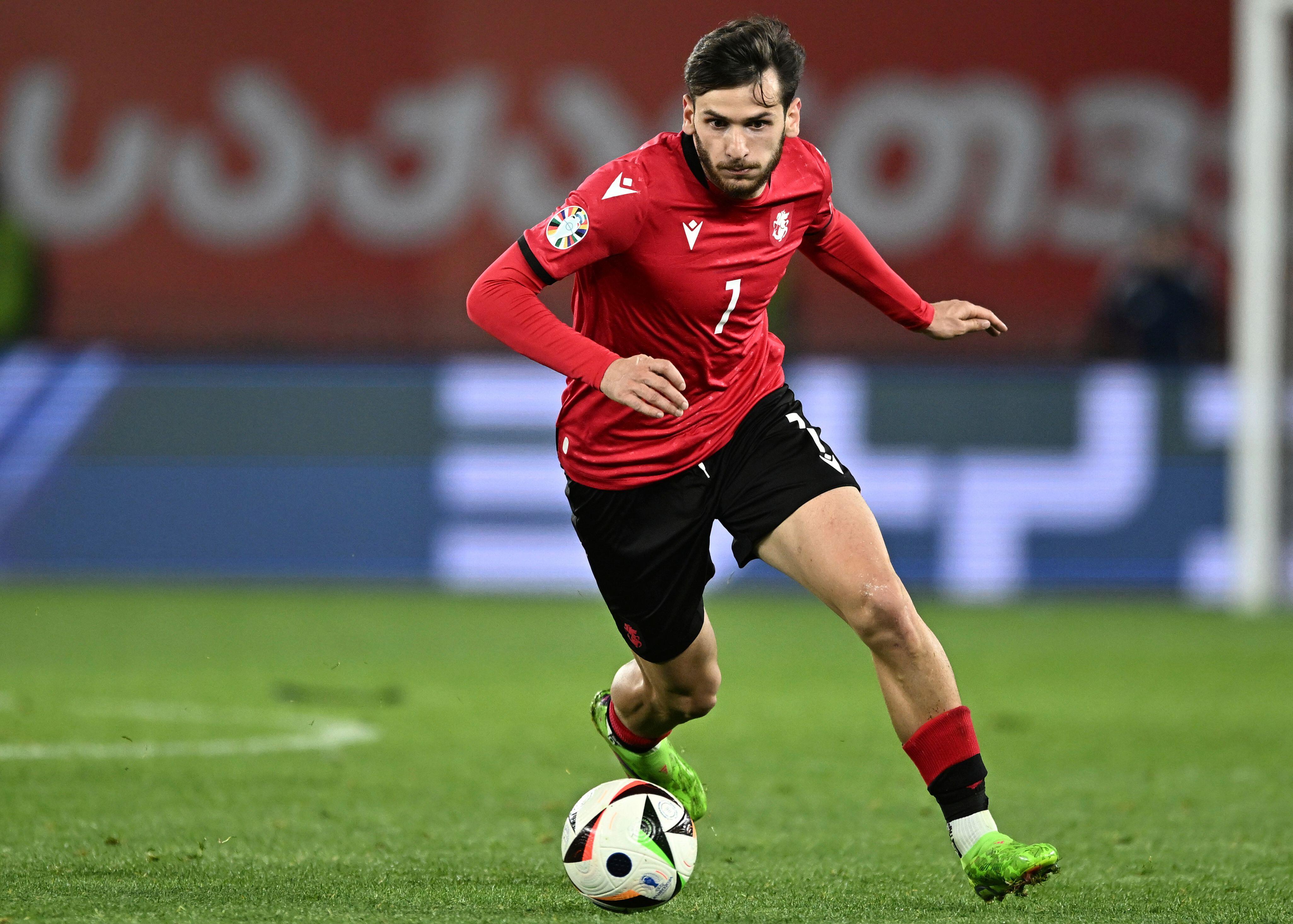
In the spring of 2024, the people of Georgia took to the streets to protest against the government’s proposed ‘foreign influence law’.
And some of the Caucasian country’s top footballers joined them, with the likes of Khvicha Kvaratskhelia and Giorgi Mamardashvili posting apparently co-ordinated messages of opposition on social media.
Germany

The 2022 World Cup in Qatar was shrouded in controversy, with issues ranging from the deaths of migrant workers building stadiums to the Gulf state’s repression of the LGBTQ+ community.
And after FIFA’s threat to punish players who wore armbands seemingly criticising Qatar’s human rights record, Germany’s starting 11 covered their mouths as they lined up for the customary team photo ahead of their tournament opener against Japan.
Iran
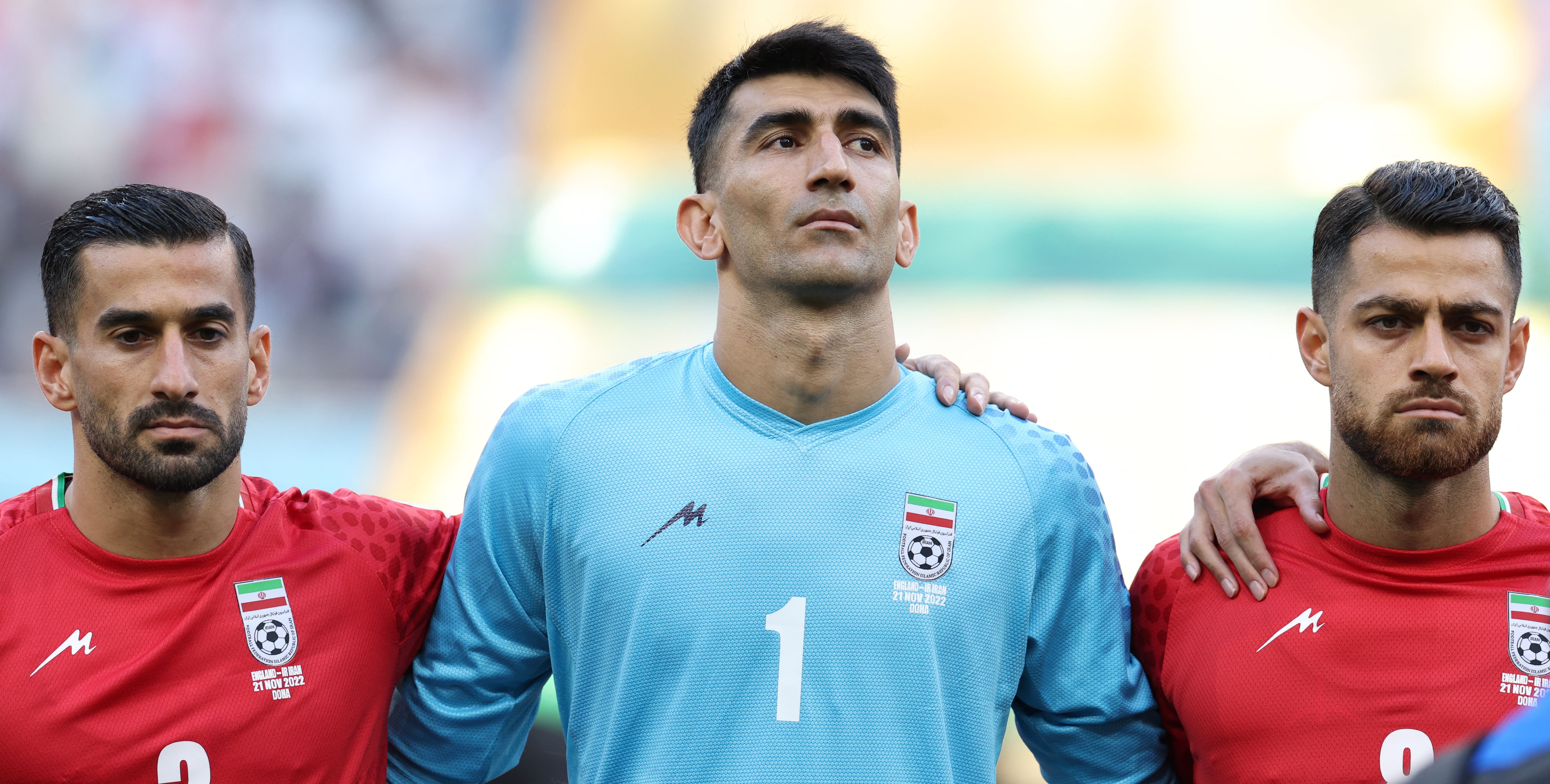
Iran had their own reason to protest at the 2022 World Cup, heading to the tournament as the government violently clamped down on women’s rights protests back home.
Not one Iranian player sang the national anthem prior to their first group match against England, while many of their fans booed it.
Liverpool
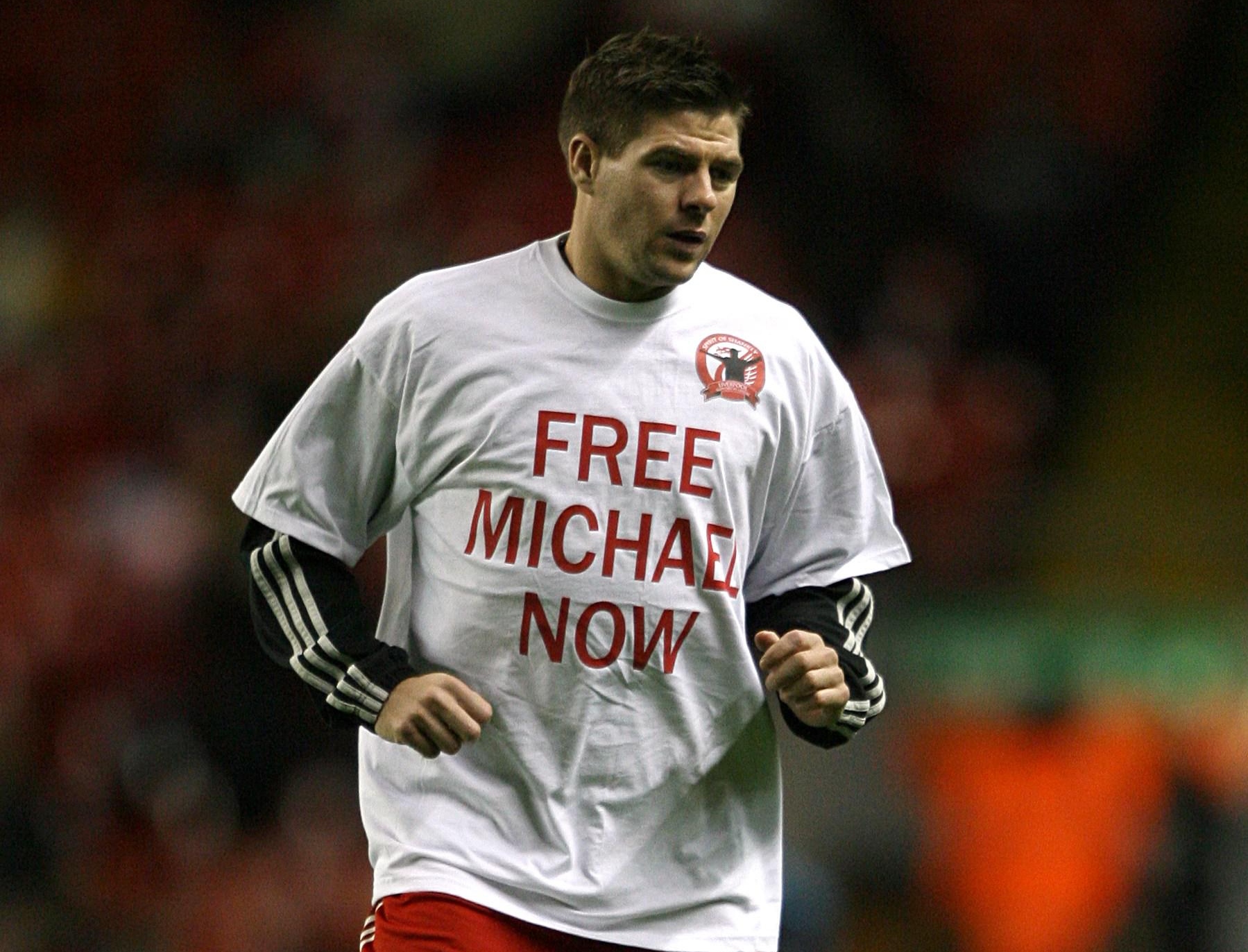
Before a home Premier League clash with West Ham in 2008, Liverpool players and fans alike showed their support for Michael Shields, a Reds fan controversially jailed for attempted murder for an attack on a Bulgarian waiter.
At the time of the protest, Shields’ case was about to be reviewed, and he was later freed after being pardoned by UK justice secretary Jack Straw.
James McClean

James McClean’s refusal to wear a poppy during the Remembrance period has seen him booed and even targeted with death threats.
The former Republic of Ireland winger’s decision comes down to the fact that he grew up in Derry, scene of one of the darkest events of the Troubles: 1972’s Bloody Sunday, when British soldiers opened fire on unarmed civilians, 15 of whom died.
Myanmar
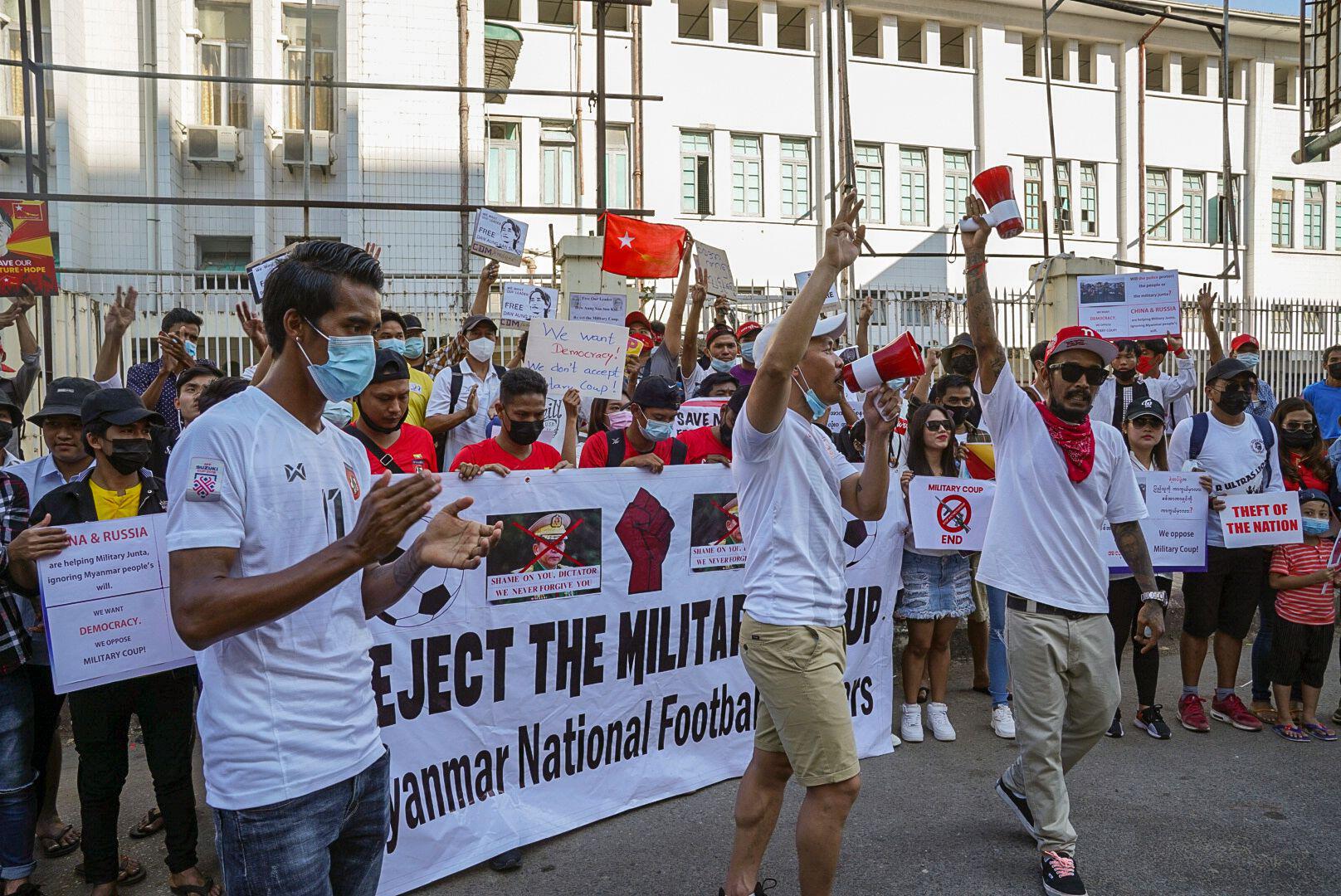
In 2021, a number of players withdrew from the Myanmar national squad in protest at a military coup in their homeland.
“We will only play football on the street until we get democracy,” goalkeeper Kyaw Zin Htet said. “We won't play for the national team under the military dictatorship and we are protesting to send that message.”
Norway
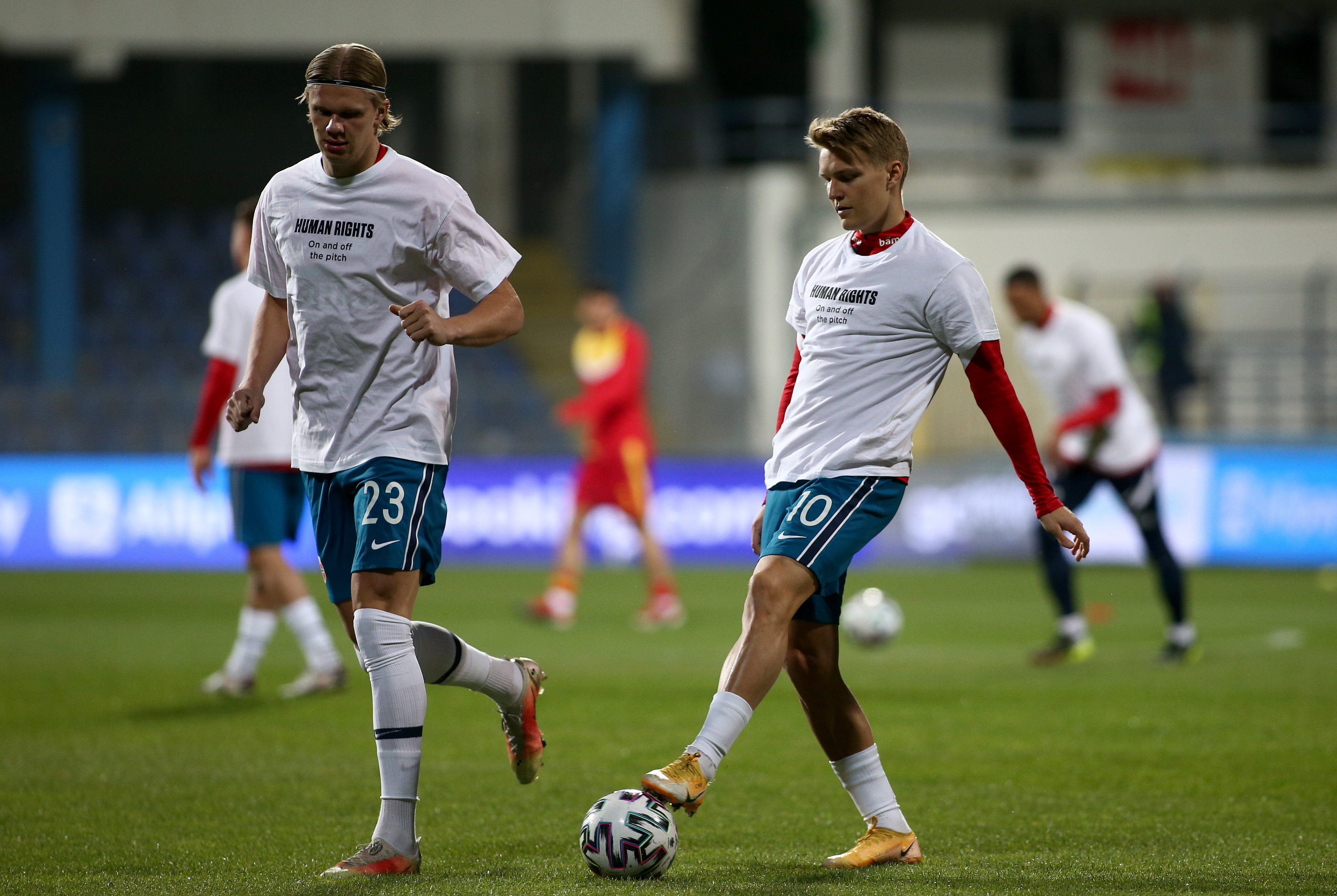
Norway didn’t make it to the 2022 World Cup, but they made clear their stance on the tournament being hosted by Qatar during qualifying.
Martin Odegaard, Erling Haaland and co. lined up for the national anthem before a qualifier against Gibraltar in shirts reading: ‘Human rights on and off the pitch’.
Emanuele Pesoli
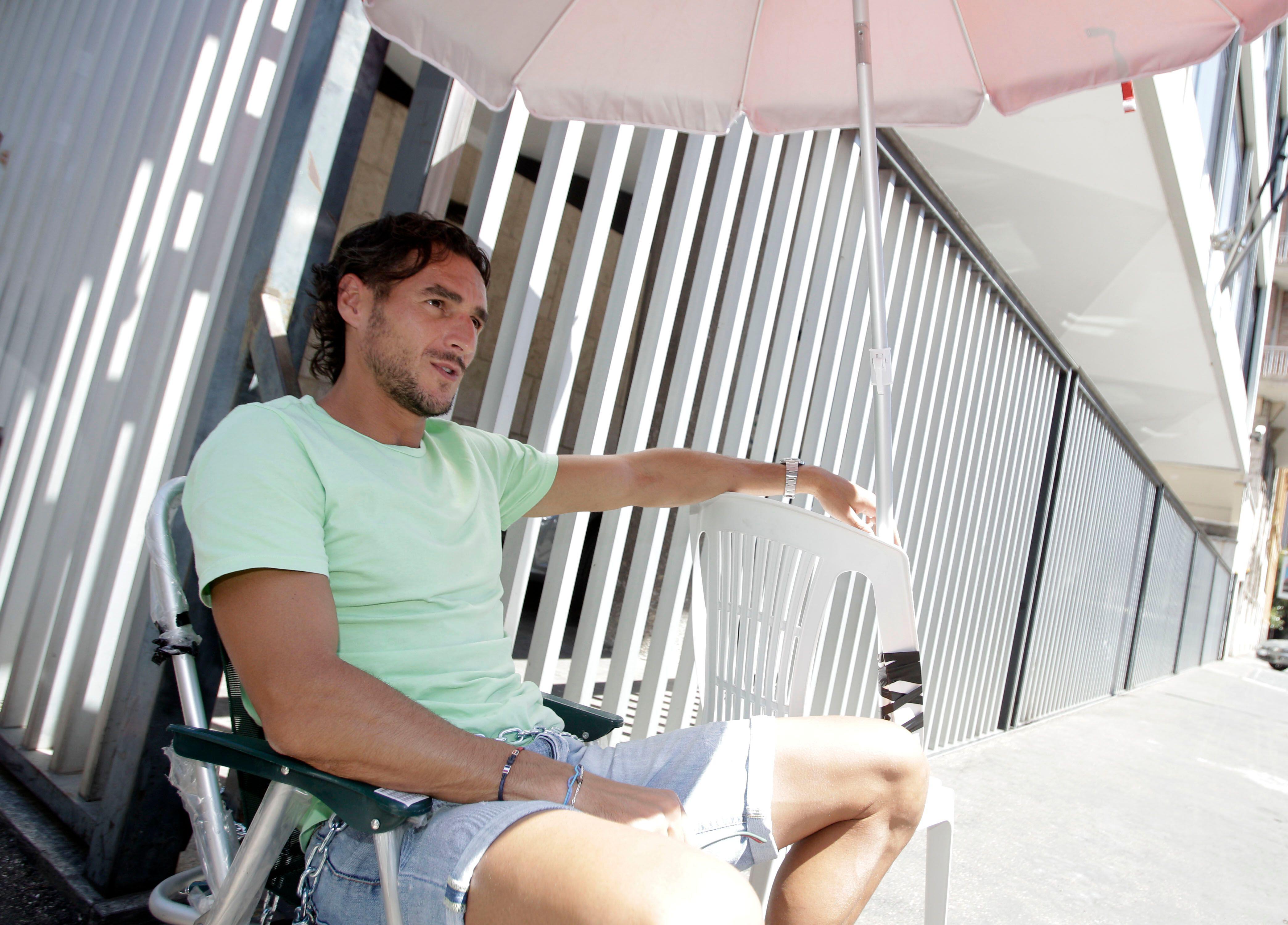
A defender for the likes of Venezia and Pescara, Emanuele Pesoli was banned from football for three years due to the 2011 Italian match-fixing scandal.
In protest, he chained himself to the gates of the Italian football federation headquarters and went on a four-day hunger strike. His suspension was subsequently reduced to 10 months.
Megan Rapinoe
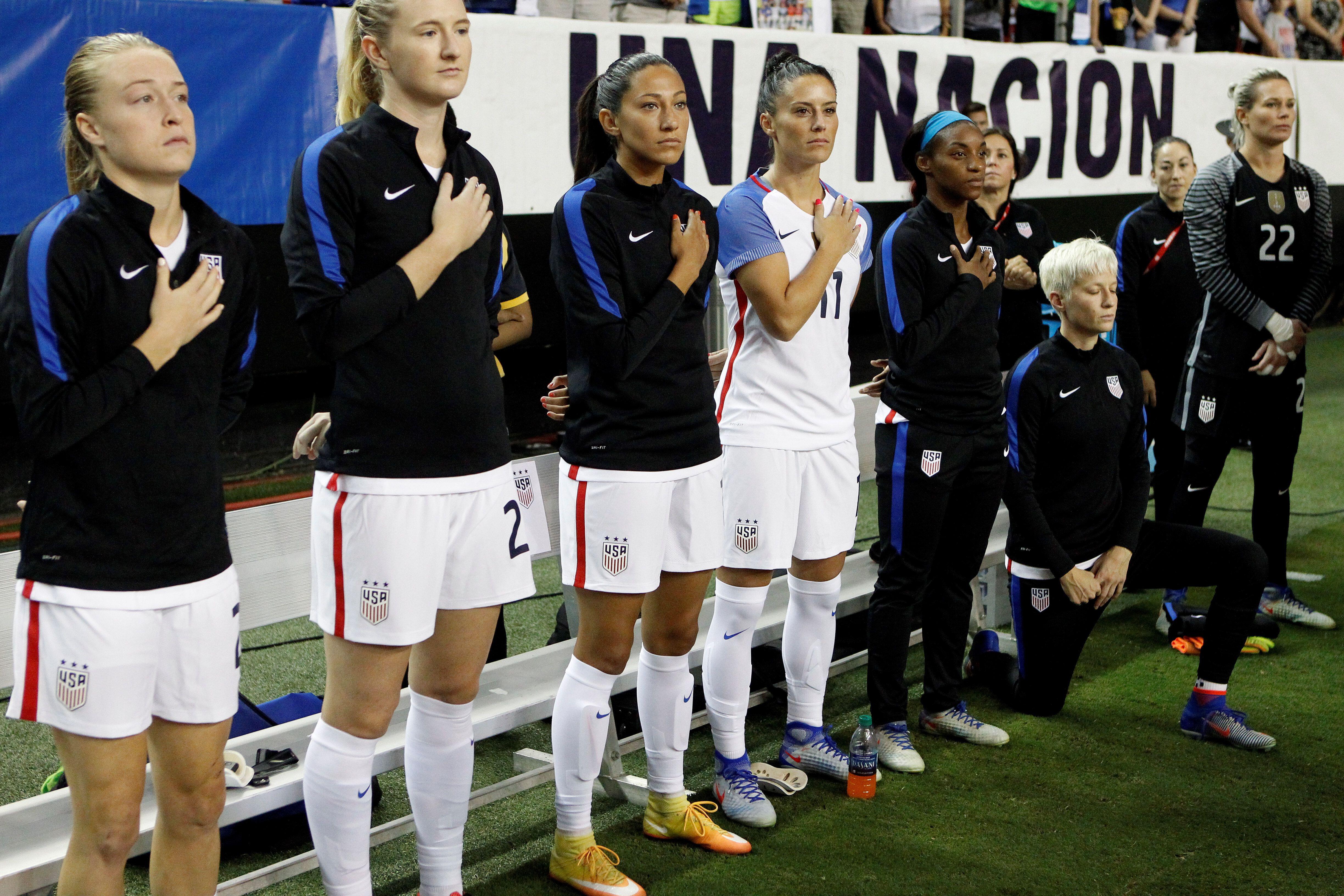
The now familiar anti-racism gesture of taking the knee began with San Francisco 49ers quarterback Colin Kaepernick, and Megan Rapinoe became the first white American athlete to follow suit.
World Cup-winning USA legend Rapinoe knelt during the national anthem ahead of her country’s match against Thailand in 2016. “I’m proud of speaking my mind and doing the right thing,” she said.
Matthias Sindelar
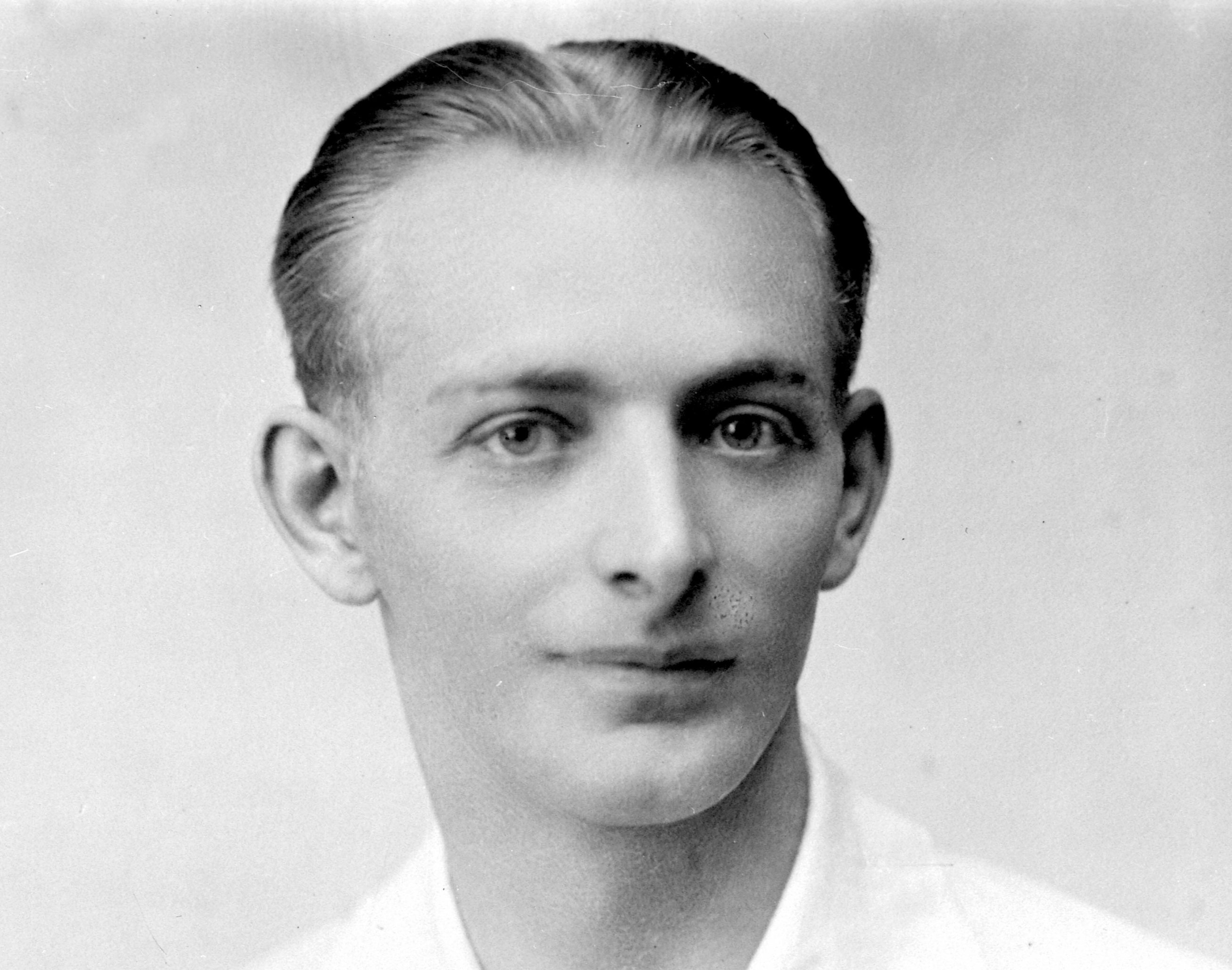
Superstar captain of Austria’s legendary Wunderteam, Matthias Sindelar’s most famous act came in Vienna in 1938.
Having scored in what would be his country’s last game until after the Second World War – the national team was absorbed into that of Germany, following their annexation of Austria – Sindelar celebrated a 2-0 victory by dancing in front of the VIP box where various Nazi officials were seated.
Spain
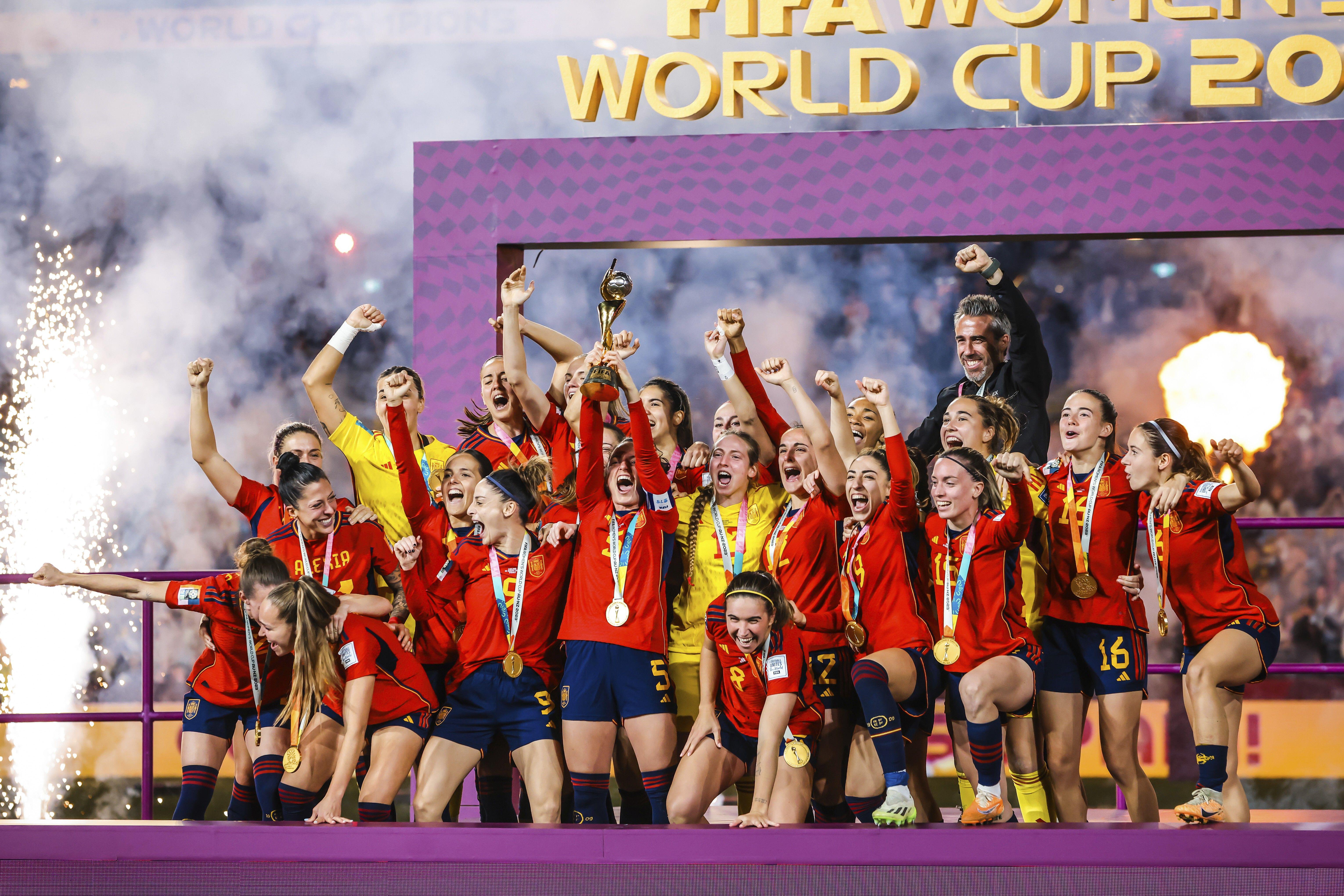
Spain’s 2023 Women’s World Cup triumph should have been an entirely glorious moment – but turmoil followed.
First, Spanish football federation president Luis Rubiales drew widespread condemnation by grabbing and kissing player Jenni Hermoso on the lips during the trophy presentation ceremony.
After Rubiales quit, Spain’s players demanded further changes to the set-up, with a number of them boycotting the national team.
Tom Hancock started freelancing for FourFourTwo in April 2019 and has also written for the Premier League and Opta Analyst, among others. He supports Wycombe Wanderers and has a soft spot for Wealdstone. A self-confessed statto, he has been known to watch football with a spreadsheet (or several) open...

